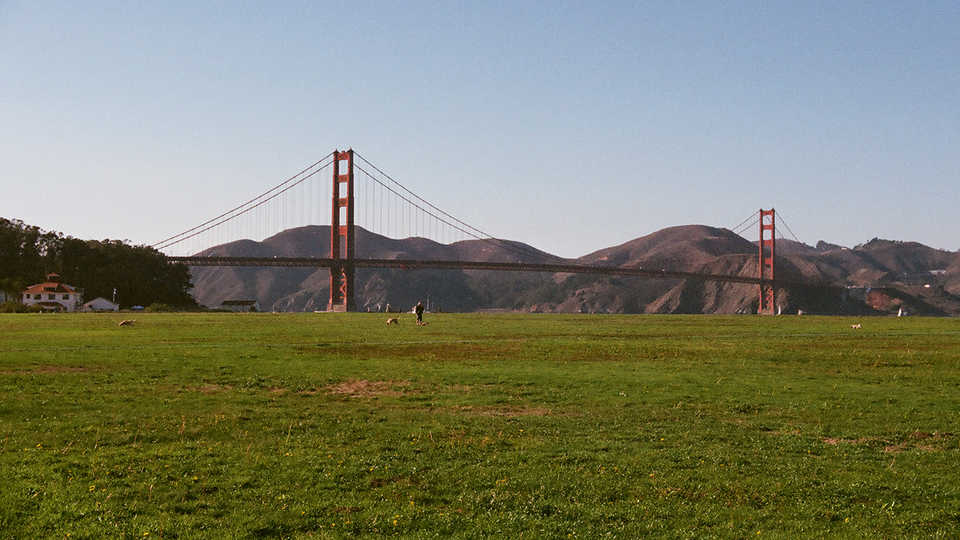From deserts, crowded cities, and rugged coastlines to the farmlands of the Central Valley, California encompasses some of the most diverse natural habitats on the planet. California is part of a global biodiversity hotspot (the California Floristic Province) with plants and animals in abundance, many found nowhere else on Earth. This diversity drives the beauty of our home state, and provides the food and healthy ecosystems that contribute to human health and well being. This collective richness provides the quality of life Californians treasure.
Unfortunately, the state’s spectacular biodiversity is seriously threatened: at least 75% of the original habitat has already been lost. It is imperative to develop a new baseline of California biodiversity and to monitor how exactly change is accelerating.
Centered around National Citizen Science Day and Earth Day, the California Academy of Sciences and the Natural History Museum of Los Angeles County are asking residents of and visitors to the San Francisco Bay Area and Los Angeles County to explore nature all around them and document the species they find using iNaturalist. At the end of the week, we’ll compare stats like total number of species found, total number of observations, and total number of observers to find out who comes out on top: Los Angeles or San Francisco!
Encouraging your students to participate in this friendly competition and/or other bioblitzes with their families and friends is a great way to help them connect to your classroom units on ecosystems, biodiversity, and conservation. You can also engage your students in a group bioblitz of your school grounds or another local area as a class!
